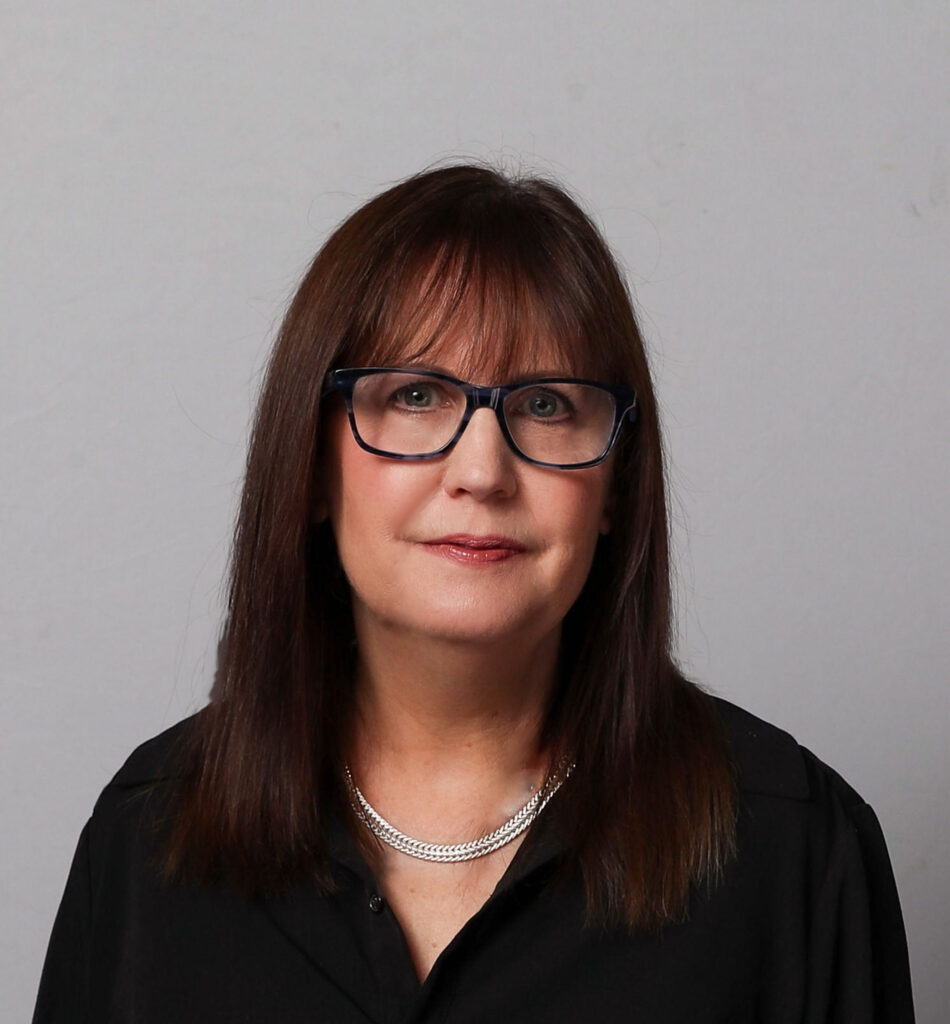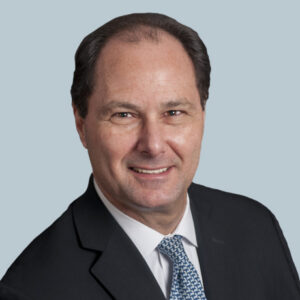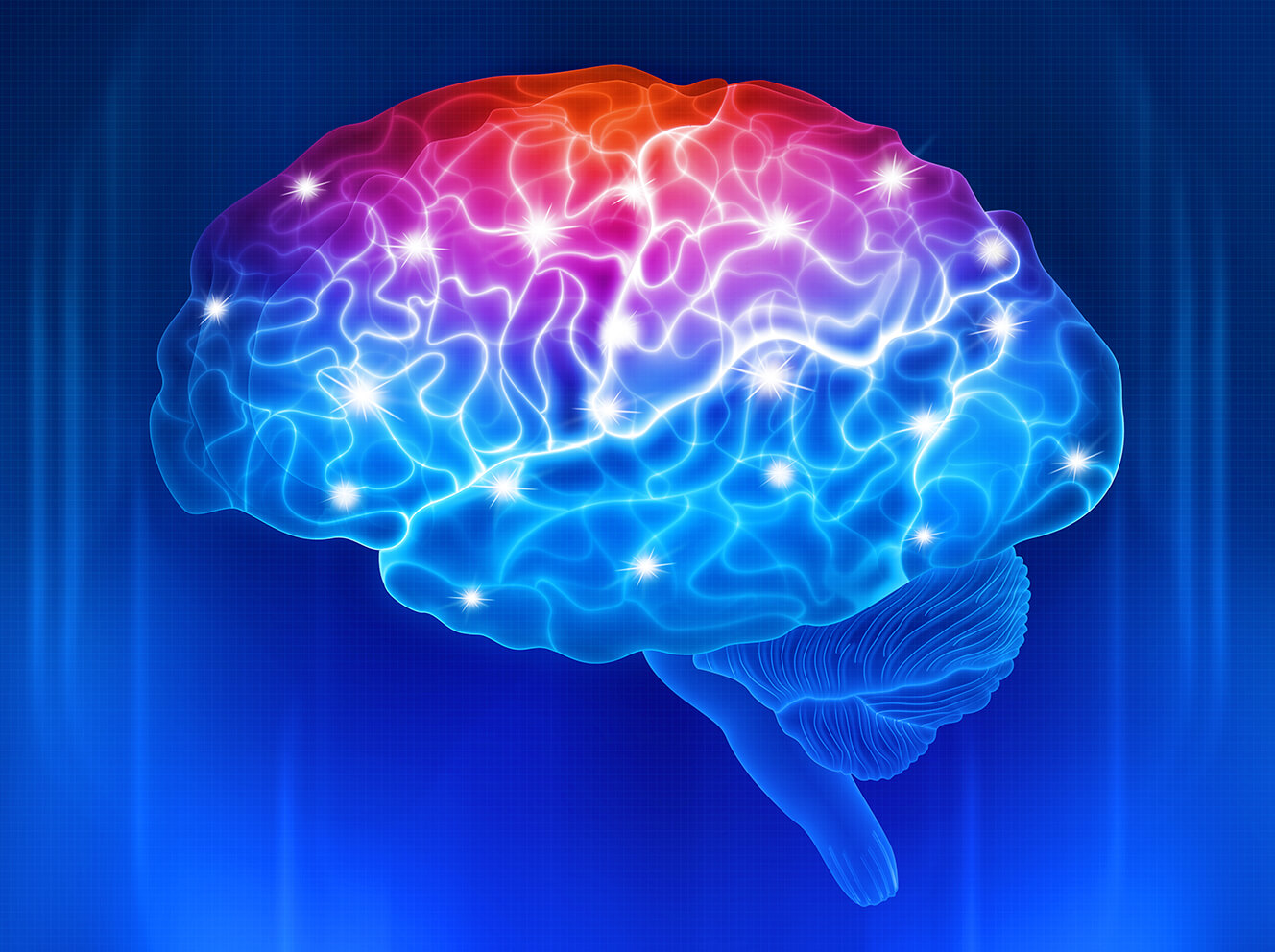As early as when Ally was 16 months old, Betsy Trainor knew something was wrong with her daughter. Ally was not meeting developmental milestones in motor skills and speech, a concern that continued into childhood and beyond. Doctors also told Betsy that Ally’s cerebellum was smaller than it should be. She wondered if that part of the brain, which controls balance and other complex motor functions, had something to do with Ally missing these milestones.
Betsy waited 20 years, filled with unrelenting searching, anxiety and stress, to understand what was happening to Ally. But when she joined a Zoom call from her home in Virginia in 2020 with Jeremy Schmahmann, MD, a leading expert in the cerebellum and the founding director of Massachusetts General Hospital’s Ataxia Center, she and Ally had a diagnosis in 20 minutes.

Dr. Schmahmann informed the Trainors that Ally has autosomal recessive spastic ataxia of Charlevoix-Saguenay (ARSACS), a genetic disorder that affects the cerebellum and the peripheral nervous system. Ally’s specific ataxia carries the name of two Quebec regions that have a high incidence of people who carry the gene that causes ARSACS. Still, ARSACS patients are located all over the world, as the Ataxia Charlevoix-Saguenay Foundation’s patient registry has more than 35 countries represented. Patients may have issues with balance and coordination, walking, motor control and emotional and mental health disorders such as depression and anxiety.
“It was devastating but miraculous,” Betsy says of the diagnosis. “It’s not easy to learn that your child has a horrible disorder, but it’s also horrible not to know.”
Now, with Dr. Schmahmann’s help, Betsy has joined the fight against ARSACS — as an advocate exploring treatments and directing funds to research that she hopes can change the path of her daughter’s illness. She plans to launch a United States-based ARSACS non-profit in the near future.
“For the first time, families and patients are hopeful that there might be something that can bend the arc of this disease, which hasn’t been previously available.”
The Engine of Innovation
In February 2023, the U.S. Food & Drug Administration (FDA) approved a drug called Skyclarys (omaveloxolone) as the first treatment for Friedreich’s ataxia, another rare, inherited, degenerative disease that damages the nervous system. The medication has shown promise in slowing the ataxia’s progression, even helping some patients regain their speech and mobility. As a board member at the Ataxia of Charlevoix-Saguenay Foundation, which is based in Montreal and is a parent-driven charity dedicated to finding treatment for this serious and evolving condition since 2006, Betsy has secured grant funding that will enable Dr. Schmahmann and his team to research whether Skyclarys can also help ARSACS patients.
“For the first time, families and patients are hopeful that there might be something that can bend the arc of this disease, which hasn’t been previously available,” Dr. Schmahmann says. “This research will help us explore important considerations in understanding ARSACS and, once we have the right medications, help patients experience an improved quality of life, slow the progression and someday even cure the illness.”

With the funding, Dr. Schmahmann together with Ataxia Center faculty member Dr. Chih-Chun (Charles) Lin and his team, will source the medication from the manufacturer and test it in ARSACS mouse models. Those studies will launch in spring 2025 and open doors to a new understanding of ARSACS. Current treatments focus solely on symptoms, so Dr. Schmahmann hopes this new research can make progress in treating the disease itself. Since he founded Mass General’s Ataxia Center in 1994 as the first of its kind in the country, it has grown into the largest and most active center in the U.S., a Center of Excellence of the National Ataxia Foundation — with five full-time faculty members, a dedicated nurse practitioner and genetic counselor — and a close collaborator with multiple physicians and caregivers from related clinics and rehabilitation services.
“Philanthropy like this has been absolutely essential to our program, since it allows us to pivot rapidly and simultaneously bring on people to explore these ideas,” Dr. Schmahmann says. “It’s the engine of innovation, and a vote of confidence in our investigators, our lab and our mission.
“Betsy is a powerhouse, and we’re grateful to the Ataxia of Charlevoix-Saguenay Foundation for seeing the merit in this project,” he adds. “We have a commitment to these families, our patients and the science to take this research to the next level. I admire their tenacity and focus, and their ability to turn something so challenging into a program of positivity and activism.”
Leaning Into Hope
Ally is now 25 years old. She is still ambulatory and works long hours as an elementary school teacher, and Betsy says her ARSACS presents with symptoms similar to mild cerebral palsy. Beyond Dr. Schmahmann’s leadership and expertise in the ataxia field, Betsy found an appreciation for his empathy toward patients. Current ARSACS treatments only address symptoms and include physical and speech therapy, diet, exercise and pain medications. Before Ally’s diagnosis, she was taking a large number of supplements to manage her condition. Dr. Schmahmann found different options to streamline Ally’s therapy plan and provide a better quality of life.
“He’s keenly aware of each patient’s input and the importance of how any treatment is affecting their daily lives,” Betsy says. “He cares, and he can bring things down to layman’s terms very quickly. I couldn’t ask for a better physician to work with.”
Since Dr. Schmahmann’s research will use a drug that the FDA has already approved, Betsy hopes this approach accelerates the timeline for an ARSACS-specific FDA approval. For her and Ally, anything that modifies or slows down the progression of the disease is a major win.
“This is a very exciting time, a hopeful time, for people with a rare disease who don’t have a lot of hope,” she says.
To learn more about Massachusetts General Hospital’s Ataxia Unit, click here.
To support programs like Mass General’s Ataxia Unit, contact us.


